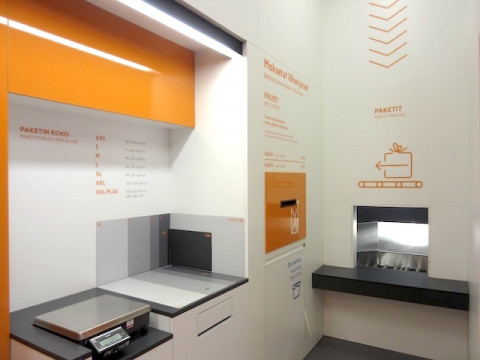Mentally Refreshing Experiences (07-23-24)
Yildirim and colleagues evaluated how various sensory experiences influence mental state in workplaces. As the researchers indicate, when people are cognitively refreshed, their cognitive performance and mood improve and their stress levels fall. The Yildirim-lead team gathered data in multisensory virtual reality simulations of an actual workplace, one with and one without biophilic elements: “the multisensory biophilic workplace significantly improved cognitive performance, reduced stress levels, and enhanced mood states compared to the non-biophilic one.
